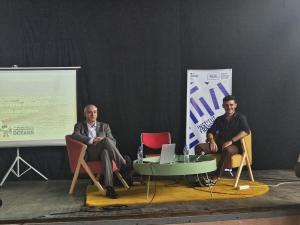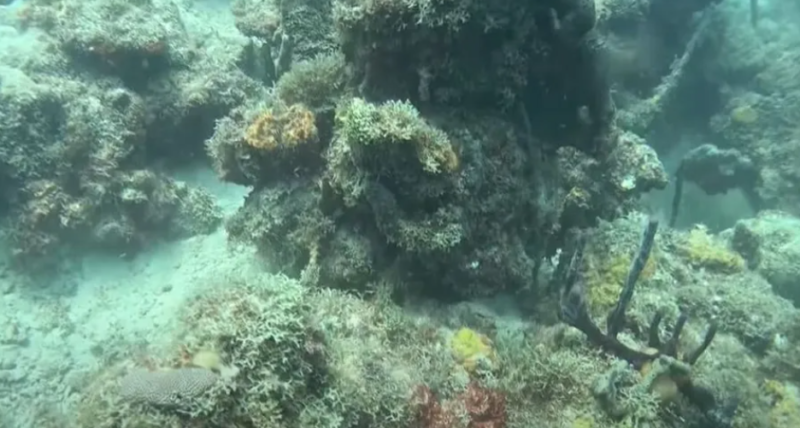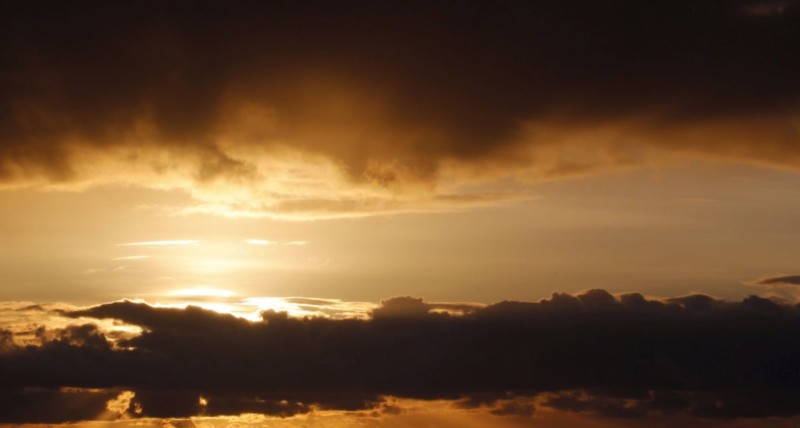Dr. François Le Loc’h, an IRD researcher (UMR LEMAR), conducted a mission to the Republic of Congo from March 2 to 9, 2025, specifically in Brazzaville and Pointe Noire. This mission was part of the development of the Sustainable Ocean and Blue Economy Project in Central Africa (ODEBAC) and aimed to meet with academic partners, ministries, the French Embassy, and local NGOs potentially involved in the project.

During this mission, discussions focused on several key issues. With administrative and academic authorities, the importance of scientific research and training for a better understanding of coastal and marine ecosystems was highlighted. In this regard, emphasis was placed on strengthening scientific cooperation through collaborations between researchers, academic institutions, and maritime sector stakeholders. This topic was particularly addressed in meetings with the Denis Sassou Nguesso University, the High Commission for the management of the Loango University construction project, and the Interministerial Committee for State Action at Sea and Inland Waters (CEPSIM).
The issues of education and awareness were also discussed with NGOs involved in training and informing local communities about the importance of sustainable coastal environmental management. Among them was the NGO RENATURA, which promotes the Sea Festival. Dr. François Le Loc’h also took the opportunity to speak at the French Institute in Pointe Noire about the upcoming United Nations Ocean Conference (UNOC) in Nice, June 9-13, 2025, and the Gulf of Guinea. He was accompanied by Hugo Baron (director of the oceanology department at RENATURA), who discussed the NGO’s oceanography work, particularly on marine mammals.

The Sustainable Ocean and Blue Economy Program in Central Africa (ODEBAC)
The Sustainable Ocean and Blue Economy Program in Central Africa (ODEBAC) is funded by the European Union (EU) and Expertises France. It will be implemented in the coming years in marine and coastal areas with significant potential for economic prosperity and social development across six Central African countries (Gabon, São Tomé and Príncipe, Cameroon, Congo, Equatorial Guinea, and the Democratic Republic of Congo).
This initiative aims to support the Central African states in addressing coastal challenges, such as population growth, urban and industrial development, lack of waste management (especially plastics), illegal fishing, and more. Furthermore, the ODEBAC program will help tackle climate change adaptation challenges through three main pillars: governance and strategic coastal management, blue economy and sustainable fisheries management, and marine conservation.
Source: IRD




